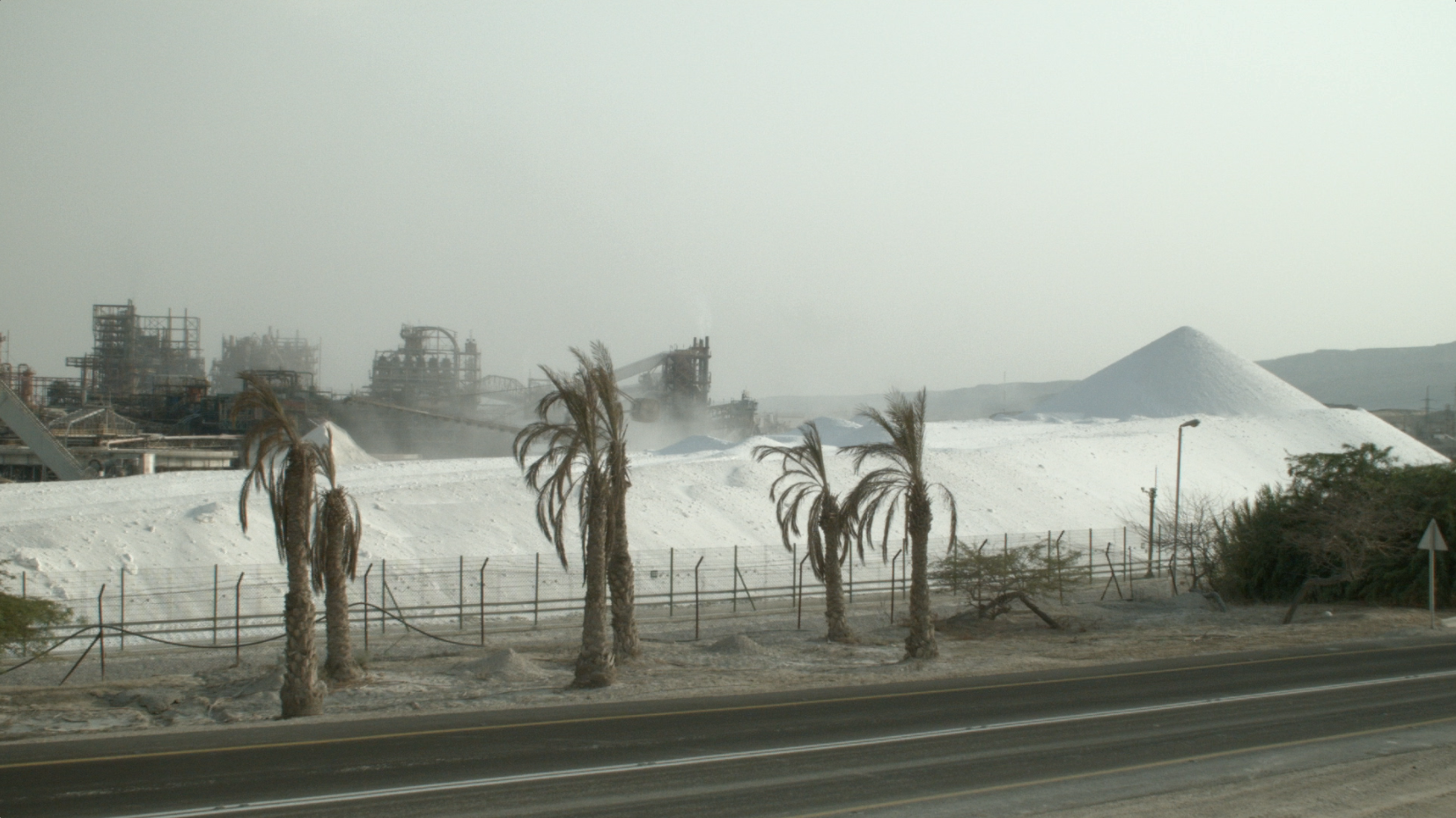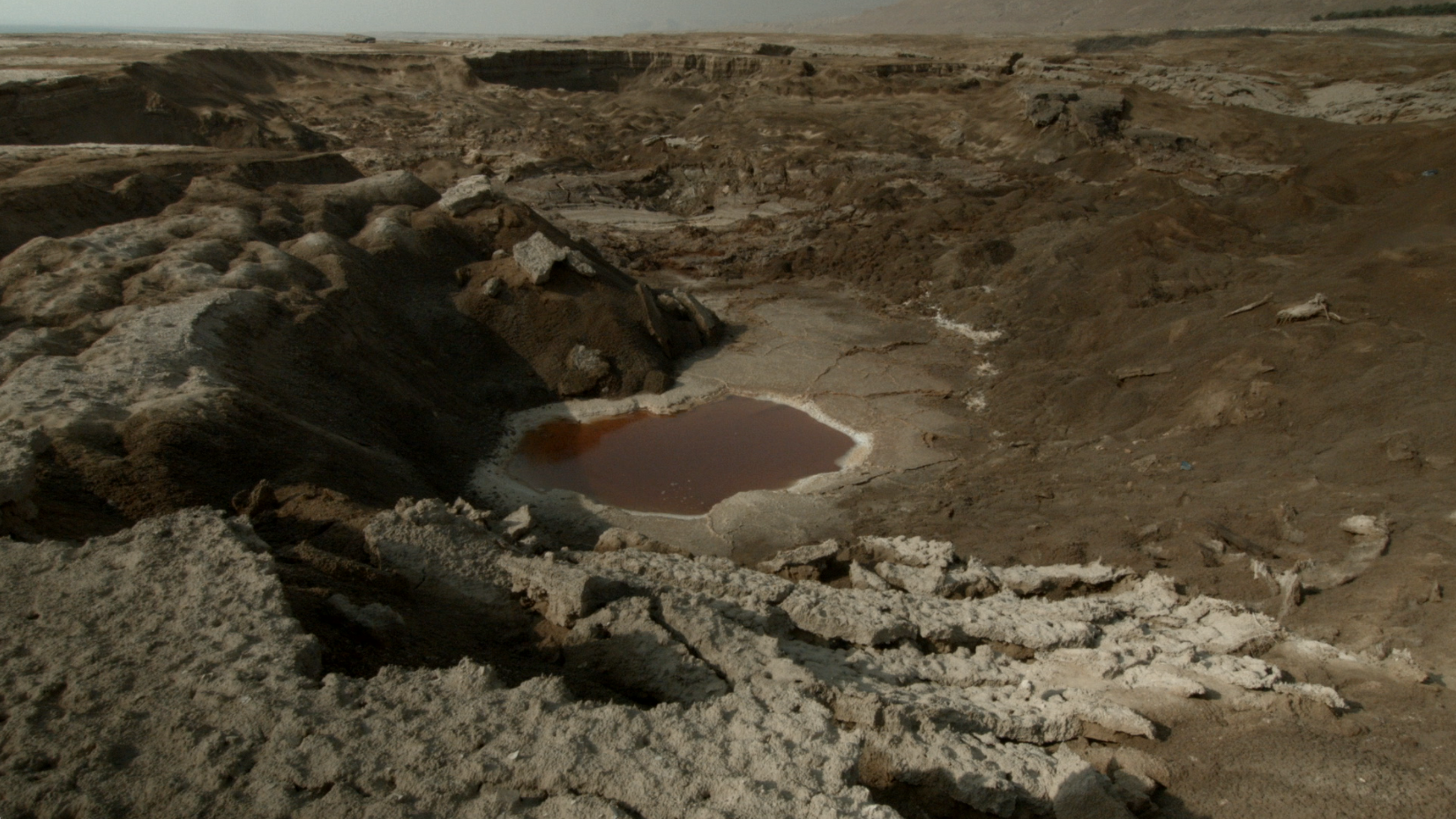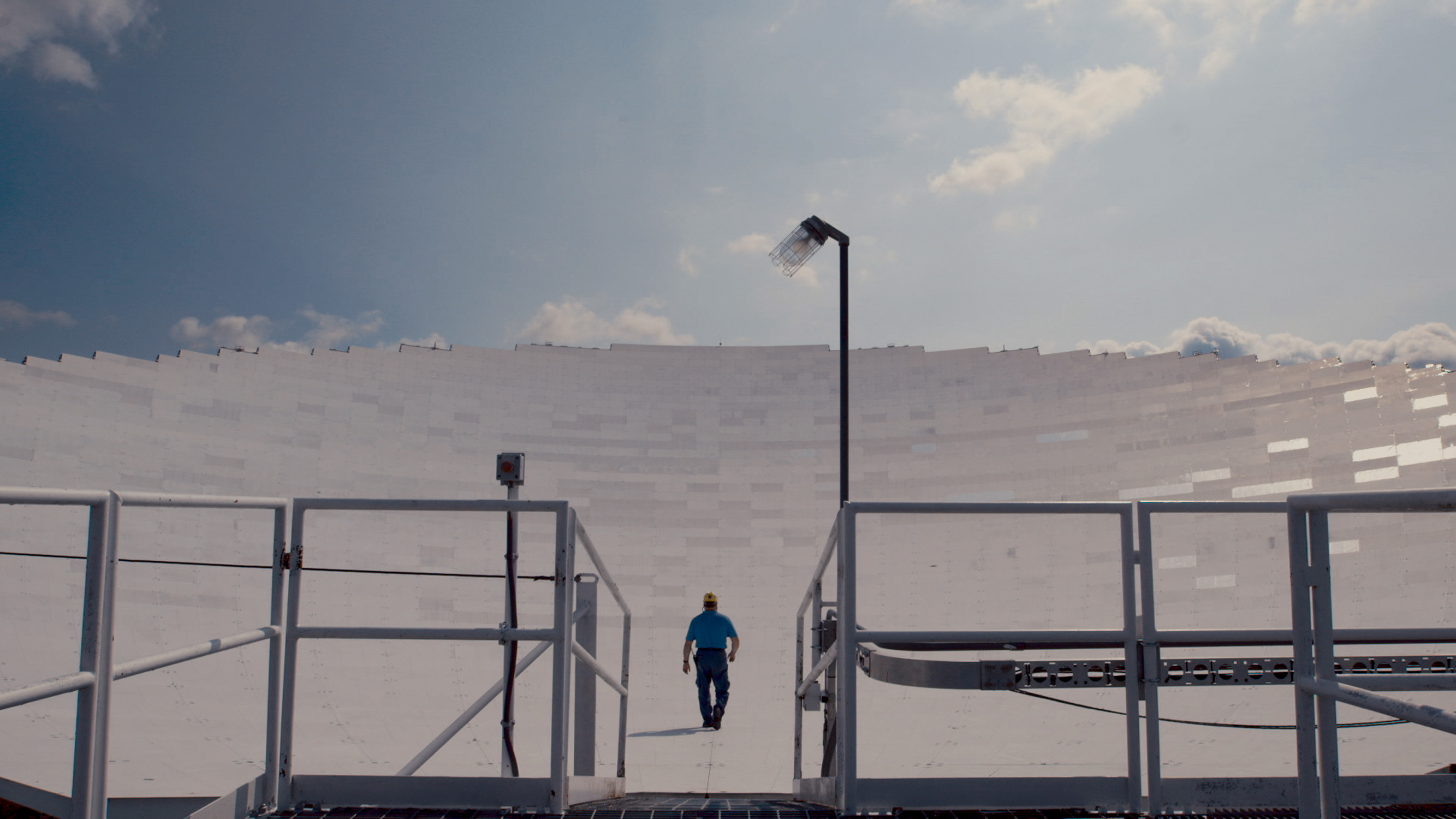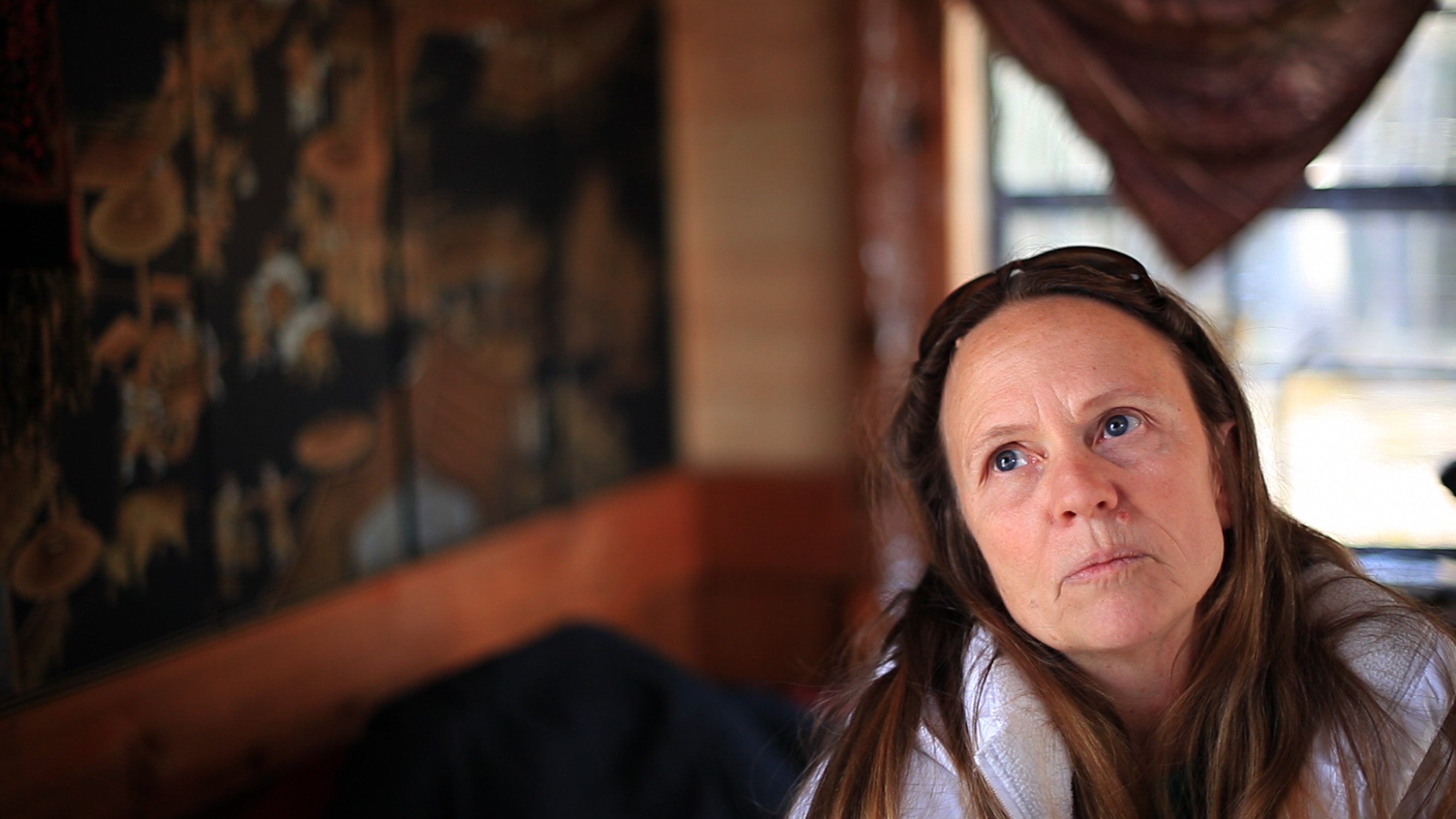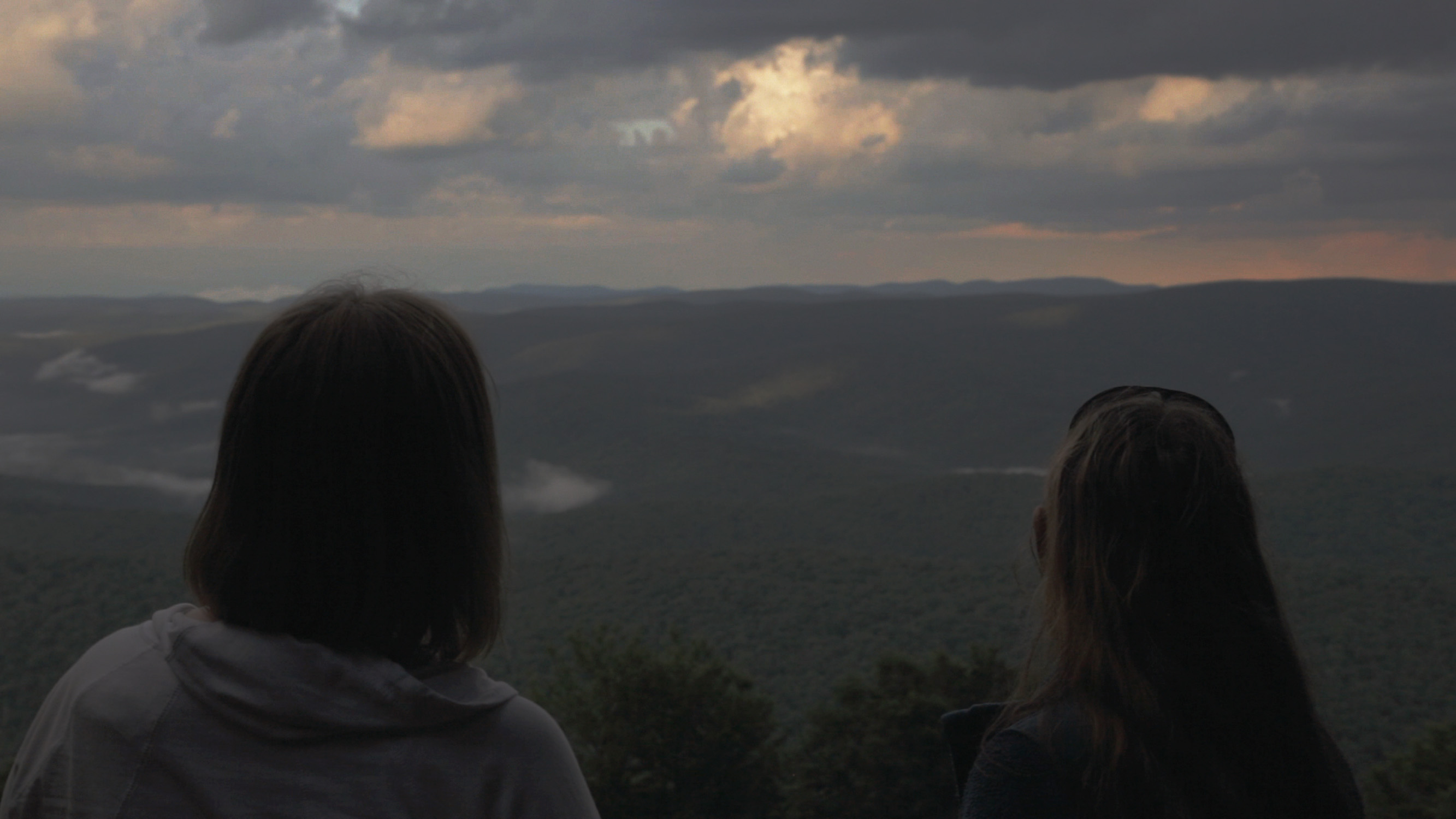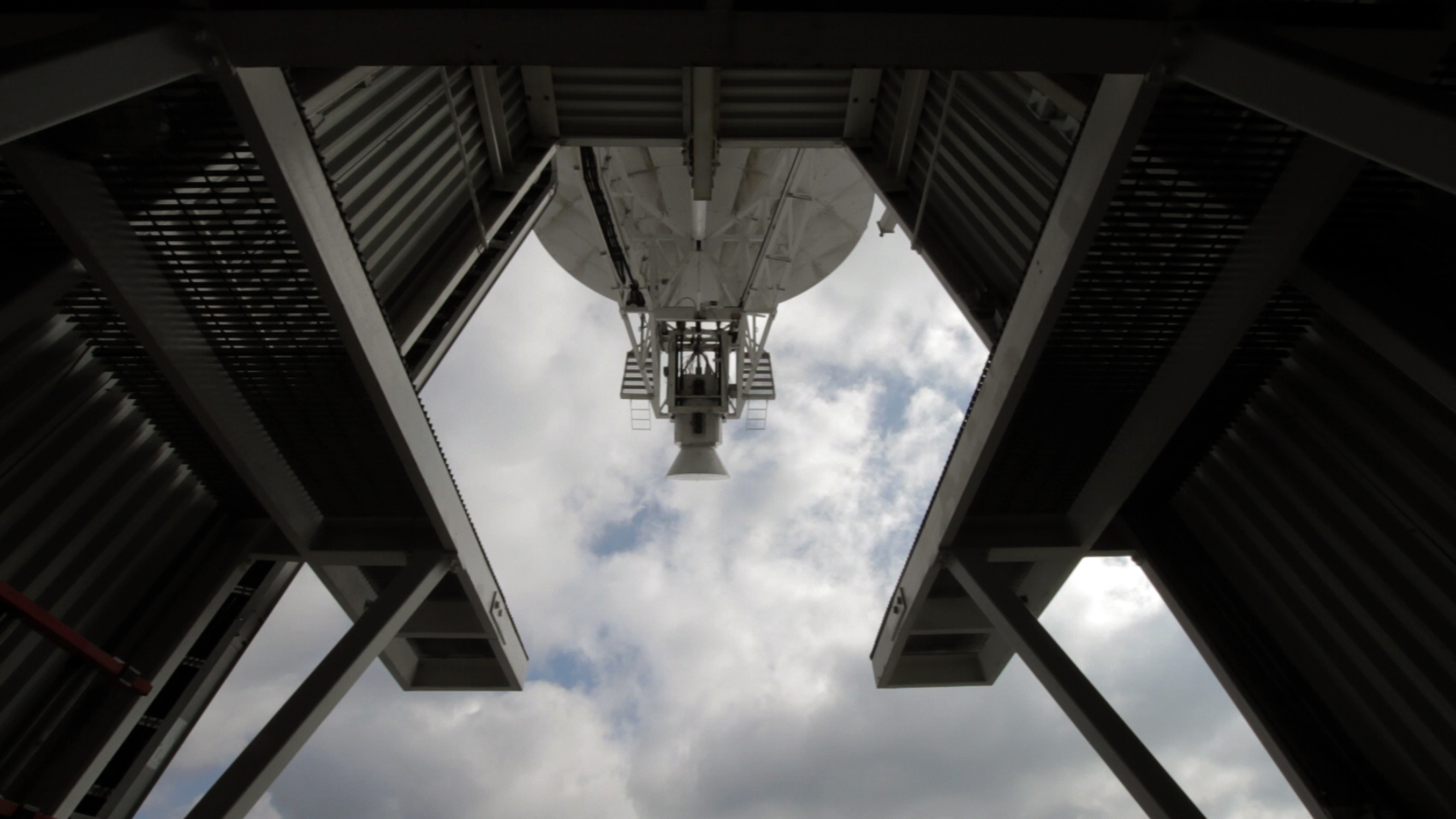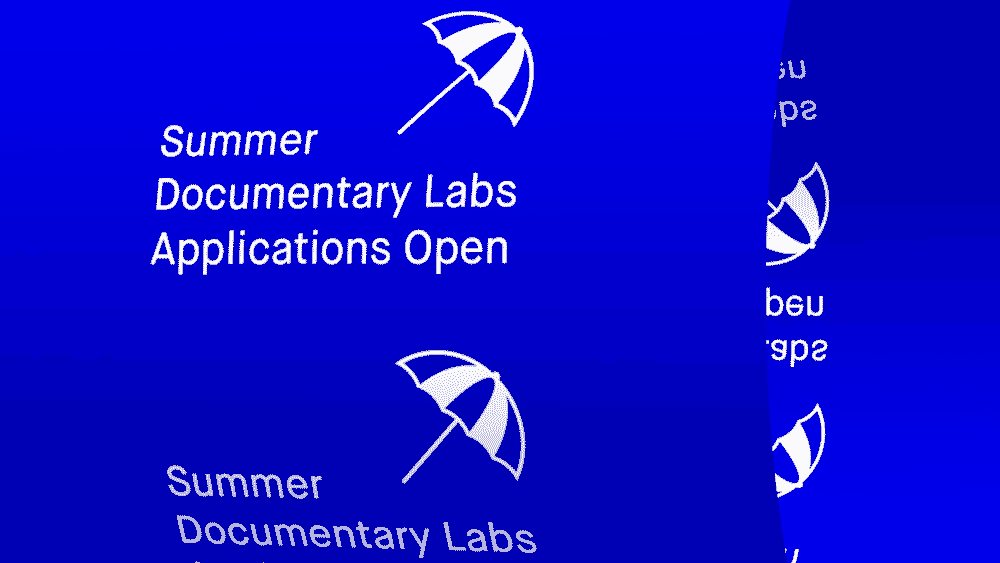Our final program for the summer places us in two singular and distinct landscapes around the world that reveal the precarious and perilous relationship we have with our surroundings. VISIBLE SYMPTOMS features, Sasha Litvintseva and Daniell Mann’s Salarium and Daniel Froidevaux and Elisa Gonzalez’s The Quiet Zone, and asks us to examine how are we making our own lands uninhabitable. From the proliferation of sinkholes on the shores of the Dead Sea in Israel and Palestine to a remote region of West Virginia that has become a haven for electro-refugees, these films reflect our own concerns and ambivalence about the ever-present harbinger of human impact on the world and ourselves. Daniel Mann, Elisa Gonzalez and Daniel Froidevaux will all be in attendance.

- This event has passed.
Aug 5, 2018 at 7:30 pm
Visible Symptoms: Salarium + The Quiet Zone
Screening to be followed by a discussion with Director Daniel Mann, and Co-directors Elisa Gonzalez, and Daniel Froidevaux
Program
Salarium
Sasha Litvintseva and Daniel Mann, 42 min., 2018
salarium [latin] – “salary, stipend, pension,” originally “salt-money, soldier’s allowance for the purchase of salt,” noun use of neuter of adjective salarius “pertaining to salt”
Departing from the etymological derivation of both “salary” and “soldier” from “salt”, the film “Salarium” captures the entanglement of economic, military, and geological forces, which manifests in the figure of the sinkhole. Thousands of sinkholes are today perforating the shores of the Dead Sea in Israel and Palestine, covering a wide strip of land that stretches between the water and the vast Judean desert around. Swallowing the remnants of what used to be a popular beach, a water park, or a settlement, the sinkholes make the land uninhabitable and hazardous. What Zionists once called a Natural Treasure to attract tourism and investment, is today a dilapidating site erected on unstable grounds. The sinkhole appears as both visible symptom and active cause of the failure of a colonial project to instrumentalise nature, collapsing together two temporal scales: the micro-histories of settler colonialism and the slow disaster produced by the exhaustion of natural resources. It appears as the collapsing of the surface into the sub-terrain, with that collapsing the possibility of thinking of territory as mere surface.
The Quiet Zone
Elisa Gonzalez and Daniel Froidevaux, 46 min., 2018
A community of electrically sensitive people is fleeing to a remote region of West Virginia called the National Radio Quiet Zone. Seeking refuge from the proliferation of wireless technology, this community lives in the shadow of one of the world’s largest and most sensitive radio telescopes. Following four electro-refugees, The Quiet Zone charts the tenuous connection between the telescope and the community it shelters-reflecting our own concerns and ambivalence about the ever-widening encroachment of communications technology.
88 min
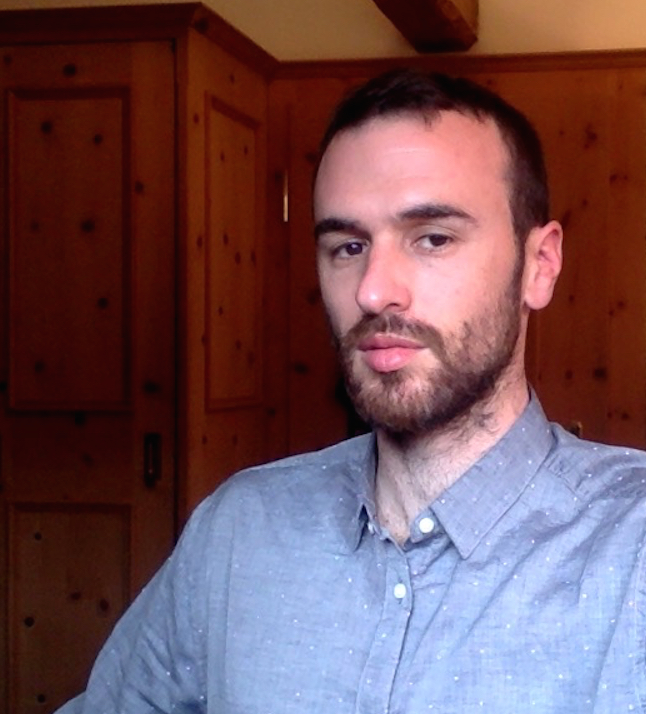
Daniel Mann (° Tel Aviv, IL) is a filmmaker and writer based in London. His films have been screened internationally at festivals such as The Berlin Film Festival (Forum), Rotterdam, Cinema Du Reel, IDFA and others. He is currently completing his PhD at the Visual Cultures Department (Centre for Research Architecture) at Goldsmiths. Mann’s films and writing seek to redefine the politics of images through the entanglement of representations, users, media practices and the automated operation of data. Investigating the notion of habit both visually and conceptually, his work revolves around the embedding and embodying of media technologies into life within conflict zones. This investigation aims to probe beyond traditional definitions of media as distinct and discrete technologies through which users make sense of the world and their environment and to redefine it as the environment itself. His writing has been published in Media, Culture & Society and the Journal for Visual Cultures.
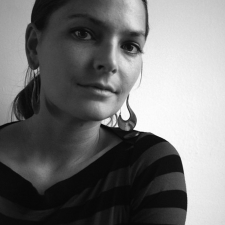
Elisa Gonzalez is rooted in the fine arts practicing as a filmmaker, multi-media artist and educator. Her work ranges from experimental to interactive documentary that has exhibited internationally including Pierre-Francois Ouellette Art Contemporain and The Smithsonian Arctic Studies Center at the Anchorage Museum. Her work explores the inherent tension between memory and history, technology and the individual through contemporary documentary form. She currently lives in Toronto, Canada.
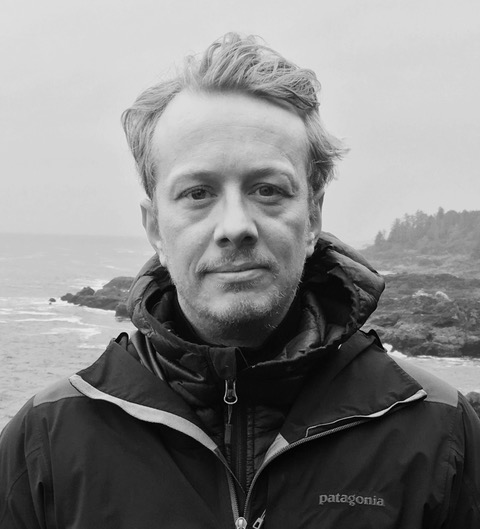
Daniel Froidevaux is a documentary filmmaker, and video artist whose work combines a discerning cinematographic eye with a tendency towards experimentation. His most recent film, The Quiet Zone (2017), co-directed with Elisa Gonzalez, premiered at Hot Docs 2017, and will be travelling in 2018 to Big Sky, Available Light, Victoria Film Festival, San Francisco Docs and the World Film Festival in Tartu, Estonia. The Quiet Zone began as a video installation and was exhibited at Pierre François Ouellette Art Contemporain gallery in Montréal, Pleasuredome’s New Toronto Works, Channels Video Festival in Melbourne, and at the Ryerson Image Centre in Toronto. Little Castle (2012), his first short, screened at the Montréal World Film Festival, and was included in the group exhibition “Art of the Archive” at the Ryerson Image Centre. Daniel holds an MFA in Documentary Media from Ryerson University.

